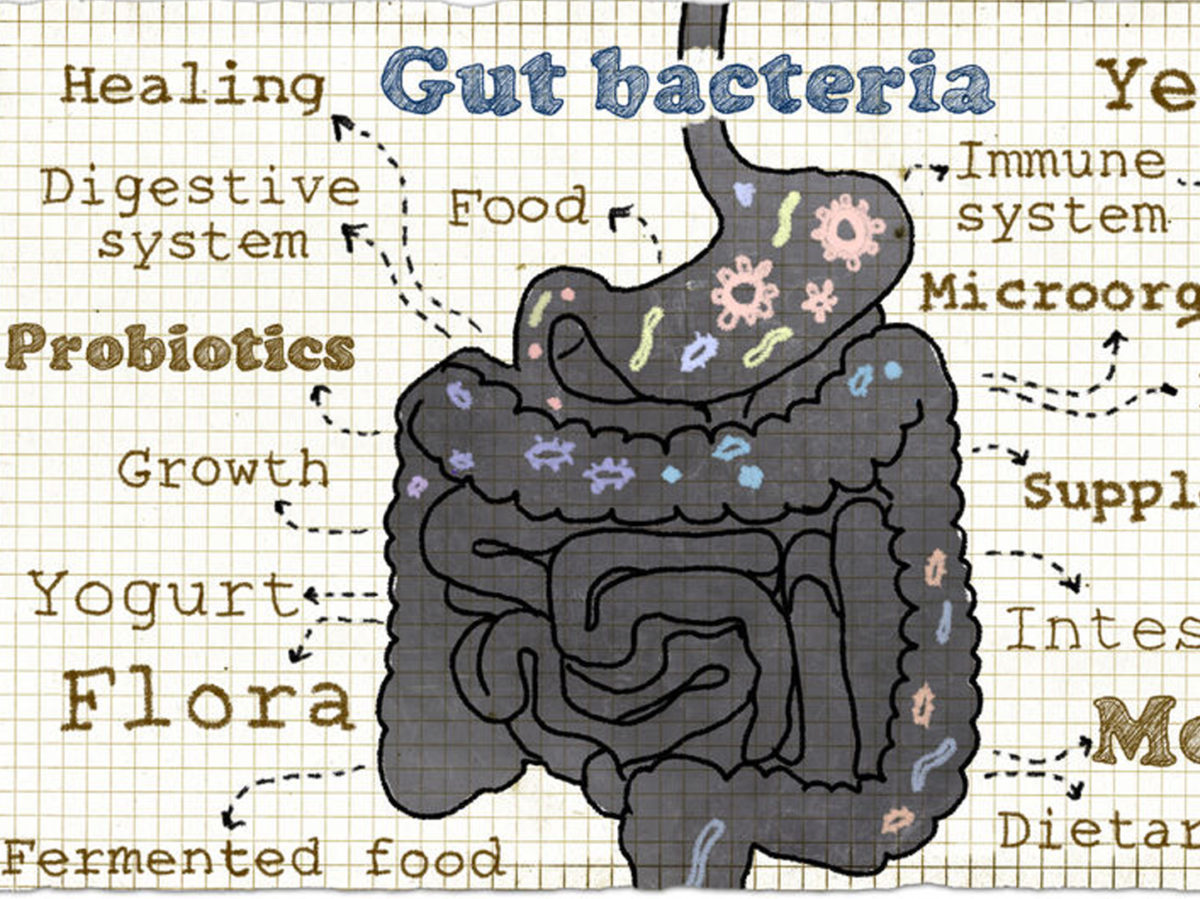Improve Your Mood & Complimentary Health Practices

Bad days…… We all have them. A stressful situation at work or home, bumper to bumper traffic when you need to be on time, a negative interaction with a stranger at the gas station… whatever the cause – the effects can leave you feeling anxious, frustrated or just plain grouchy. This, although unfortunate, is not uncommon. Everyone has a bad day, or even a bad few days, now and again. However, when we get stuck in these feelings of anger, stress and anxiety; when we just cannot shake them – it could be time to dig deeper and explore ways in which you can help improve your mood.
If you find yourself seeking wholesome ways to improve your mood, you’ll likely come across a few complementary health practices that might peak your interest. From dietary supplements to mindfulness practices, complementary health practices for mood improvement provide us with options beyond conventional healthcare. Although complementary health practices should not replace conventional medical treatment, they offer an approach that encourages holistic lifestyle choices and aims to cultivate an overall sense of well-being.
In your quest for information on mood improvement, it is highly probably that you will discover many people talking about mindfulness practices. Examples of these include yoga, meditation and tai chi. Mindfulness refers to our ability to be present, to recognize how we feel and, perhaps most importantly, choose our response. Rather than reacting, we take a moment to pause and thoughtfully make our next move. Noticing how a certain situation makes you feel (for example that stressful work interaction or the traffic jam on your way home) and then choosing how you want to respond to the situation can be incredibly powerful in creating a happier life. Mindfulness practices provide us with tools we can use in this process, such as breathing deeply, visualization or connecting with our inner sense of calm even in those challenging moments. Some research also suggest that mindfulness practices may even physically change our brains and help to promote healthy behaviors. Gaining control over our reactions can ultimately steer the course for how a stressful or anger-inducing situation can turn out. When we can mindfully make the decision to de-escalate rather than contribute to the negative energy, we have the ability to not only improve our own moods, but also positively impact the way others feel as well.
Dietary supplements are another complementary option you might discover when searching for healthy ways to improve your mood. There are multiple dietary supplements to consider. In speaking of dietary supplements, many are familiar with the role that probiotics play in the health of our gut. However, not so well-known is the link between gut health and mental health. Research indicates a strong connection between the microbiota in our gut and the regulation of our stress response. Because of this connection, gut health may play an important role in mood disorders such as depression and anxiety. Therefore, dietary supplements containing probiotics could provide therapeutic and preventative effects for mental health conditions.
Equally as fascinating is the support that Aloe Vera supplements may offer individuals struggling with feeling down. Although more evidence is necessary for the human connection, studies show Aloe Vera may have the ability to alleviate symptoms of sadness in mice.
Although feeling stuck in a rut of anger, anxiety or depression is never pleasant, it may be comforting to know that you have options. Most importantly, it is important to seek help from a medical professional immediately. When exploring your treatment options with your doctor, keep in mind there are many complementary and holistic health practices that may support a conventional medical treatment plan. It may be worth having the conversation about which complementary health practices could be the right fit to help improve your mood.
Sources:
https://nccih.nih.gov/health/anxiety/at-a-glance
https://www.ncbi.nlm.nih.gov/pubmed/25470391
https://www.ncbi.nlm.nih.gov/pubmed/23394255
https://nccih.nih.gov/health/meditation/overview.htm




